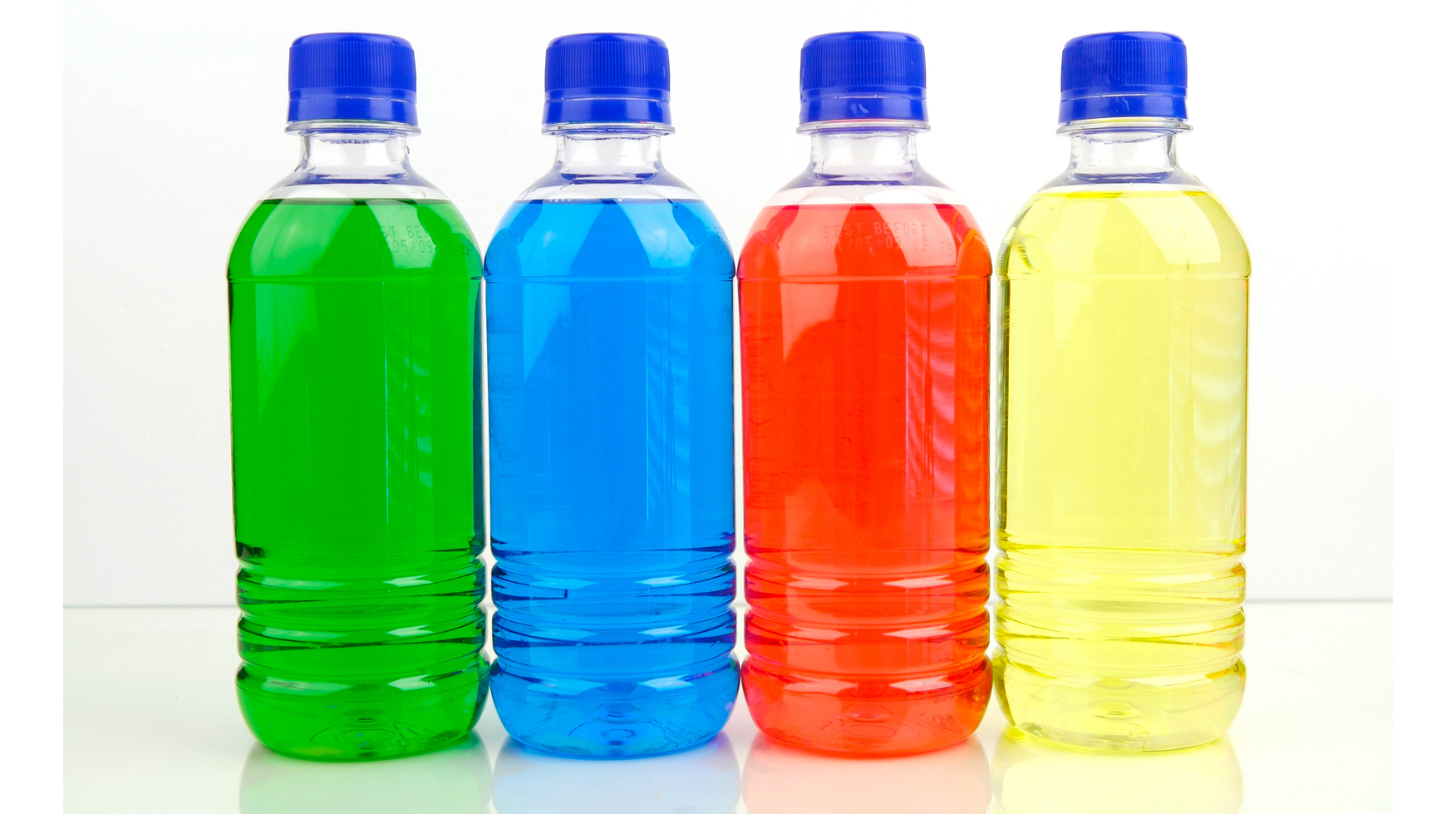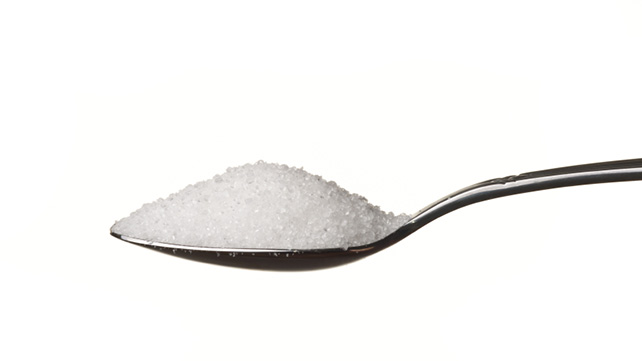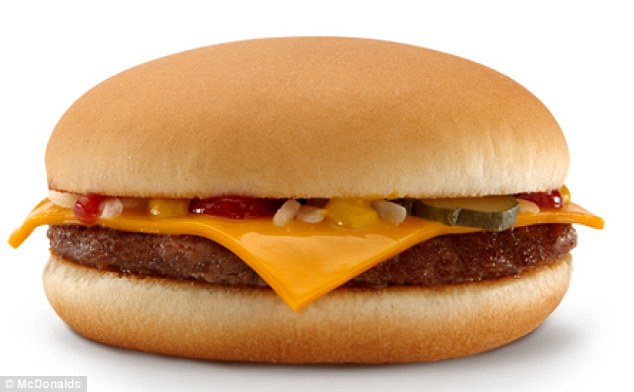It’s logical to believe that cutting down on your calorie intake will help with weight loss, and one way to cut those calories is by going “sugar-free” on those fizzy drinks. But is this really helping you reach your target weight?
Sweeteners are found in nearly everything nowadays, you can’t walk down an aisle of your local grocery store without finding sugar substitutes in something. Toothpaste, chewing gum and even cooking sauces are all likely to contain some form of artificial sugar.

The majority of beverages which claim to be sugar free genuinely are – but instead of sugar, the sweet taste of these products is concocted by a chemical sweetener. Sweeteners are likely to make the ‘traffic light’ system on your drink look god – they contain a fraction, if any, calories compared to normal sugar. To put this in to context: 500ml of cola will have roughly 200Kcal, whereas 500ml of diet cola will contain 1Kcal. Where’s the catch?
There have been ongoing debates about the effectiveness of these sweeteners and whether they can be linked to diabetes, weight gain, and even cancer.






